How Often Should You Repoint Brick in Philadelphia?
Philadelphia’s climate doesn’t forgive neglect—stay ahead of crumbling mortar and protect your brickwork before it becomes a costly structural...
5 min read
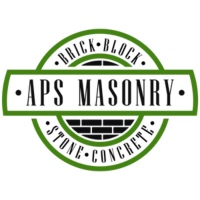 Alec Serowatka
:
May 27, 2025 9:12:25 AM
Alec Serowatka
:
May 27, 2025 9:12:25 AM
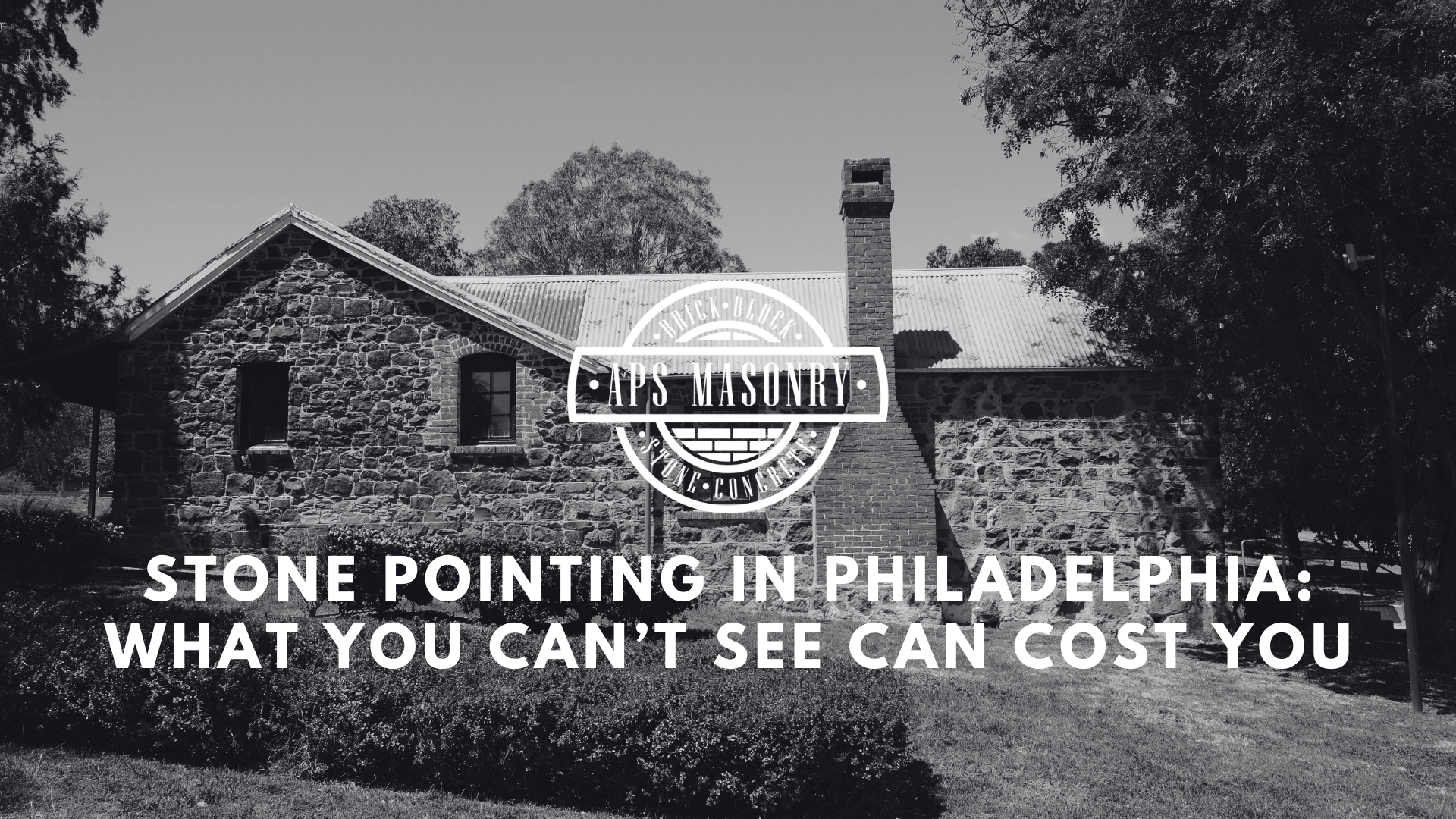
Mortar fails before brick does. That’s where the damage starts—and where the savings begin.
Owning a brick or stone home in Philadelphia comes with pride—and pressure. When mortar joints fail, you don’t just lose curb appeal, You lose time, money, and peace of mind.
Cracks widen, bricks shift, and small gaps invite moisture damage. That leads to structural issues, costly repairs, and problems that move faster than most homeowners expect. Brick pointing stops that damage before it spreads. It’s a direct, local solution that protects your property value and keeps repair costs low.
We’ve worked on South Philly rowhomes with leaning chimneys and West Philly twins with stone joints breaking down under weather exposure. The pattern is always the same: what looks minor now turns expensive later.
Stone pointing restores strength to your walls and stops hidden damage cold. It’s not just maintenance—it’s how you stay ahead.
If your brick or stone structure hasn’t been repointed in decades, now’s the time to act. The sooner it’s done, the more you save. Get a free estimate from APS Masonry Contracting—Philadelphia’s trusted name in brick and stone pointing services.
Stone structures across Philadelphia stand strong because of the mortar between them. That mortar controls alignment, drainage, and structural balance. When it wears down, pressure shifts across the wall and moisture begins to collect. That’s the earliest stage of structural failure—and the most affordable to fix.
Stone pointing resets the structure before any movement spreads. By repacking the joints with the right pointing material, you restore the stability of the wall and seal off the entry points that allow water infiltration.
We’ve seen it across masonry chimneys, foundation walls, and historic stone facades. Early deterioration shows up in the joints long before there’s any visible damage to the stone. With timely work, stone pointing repairs the weakness without removing or replacing large areas of masonry.
This is what keeps structural integrity intact. It’s what turns a maintenance job into long-term value. And for property owners, it keeps restoration simple, fast, and far more affordable than full-scale reconstruction.
Stone pointing is a targeted repair. It stops deterioration at the joint level—before full rebuilds become necessary. When done early, it prevents the kind of structural damage that carries five-figure price tags.
Here’s how the math works out.
Basic stone pointing on a residential facade:
$2,000–$4,000 depending on square footage, access, and joint depth.
Rebuilding a bowing or leaning wall after joint failure:
$12,000–$18,000. This includes demolition, stone replacement, and reinforcement.
Masonry chimney rebuild from moisture damage:
$6,000–$10,000. Most of this is preventable with early repointing.
Foundation repair following water infiltration through deteriorated mortar joints:
$10,000–$15,000. Includes interior disruption, excavation, and structural reinforcement.
Stone pointing doesn’t just fix the surface. It eliminates the root of the problem—failing joints—without disturbing the surrounding brick and stone. That’s what keeps labor low and materials limited. For property owners, that means fewer trades involved, shorter timelines, and better control over budgets.
Regular maintenance avoids emergency work. It keeps your structure intact and your bank account stable.
In Philadelphia’s historical buildings, stone pointing does more than preserve appearance—it protects the structure itself. These homes and buildings were built with softer materials and low-strength mortar, often lime-based and highly porous. As the pointing material erodes, moisture begins to collect between the stone joints, creating slow movement, interior dampness, and uneven pressure across the wall.
Without early stone pointing, the damage compounds. Interior plaster begins to crack. Window and door frames shift slightly out of square. Basement walls become damp, and in time, entire sections of masonry can bow outward or begin to separate. The fix at that point is no longer maintenance—it’s structural reconstruction.
A full wall rebuild on a historic property can cost between $20,000 and $40,000, depending on the stone type, height, and accessibility. By comparison, proactive stone pointing ranges between $3,000 and $7,000 for most standard-sized historic facades. That’s not a small difference. That’s the gap between preserving a building’s value and facing major financial loss.
Stone pointing maintains structural integrity, protects architectural heritage, and avoids the irreversible damage that occurs when joints are ignored. For homeowners in older neighborhoods like Society Hill, Fairmount, and Germantown, it means keeping the home secure, original, and protected—without sacrificing tens of thousands in reactive repairs.
South Philly rowhomes are compact, load-bearing structures built tightly side by side, often with shared party walls. These walls rely on a continuous chain of brick and stone, locked in place by mortar joints. Over time, environmental factors wear down the pointing material—especially on the rear and side elevations where exposure is highest.
When joints begin to fail in a rowhome, even minor gaps can lead to water infiltration. That water enters the shared wall space, leading to interior mold, damaged mortar, and even loose bricks along the parapet or window corners. We’ve repaired homes where this kind of joint failure caused full brick sections to shift out of line.
Brick and stone pointing keeps that from happening. It locks each section back in place, restores wall alignment, and prevents the internal water damage that requires drywall, framing, and flooring to be replaced. Repointing in time can cost $3,500–$5,000. But when water spreads through a shared wall, total repair costs can reach $15,000 or more—including both interior and exterior work.
For homeowners in Passyunk, Point Breeze, or Bella Vista, pointing is more than maintenance. It protects your structure and prevents your small home from becoming a big financial problem.
Mt. Airy and Chestnut Hill feature some of the most iconic stone homes in Philadelphia. These houses often use fieldstone or Wissahickon schist, with wide mortar joints and exposed faces that take a constant beating from weather exposure. Because the stone is heavy and irregular, the pointing material plays an even more critical structural role.
When these joints begin to fail, the entire wall system shifts under its own weight. That movement causes step cracking, settling at corners, and visible bowing that can’t be corrected without major structural work. Homeowners in these neighborhoods often don’t realize there’s a problem until doors stop closing properly or water shows up on interior plaster.
Stone pointing stabilizes the wall early. It fills out the voids, reconnects the stone units, and stops pressure shifts before they affect the rest of the structure. Repointing on these homes costs between $4,500 and $8,000 depending on scale. Full reconstruction of a corner wall or chimney can easily exceed $20,000, not including access scaffolding or permits required for work on older façades.
For these larger stone structures, joint failure doesn’t just cause damage—it creates heavy labor costs. Stone pointing prevents that and preserves the original look, feel, and strength of the building.
Brick Pointing Services
Restores brickwork on residential and commercial buildings to extend life and improve durability.
Masonry Chimney Repair
Stabilizes and rebuilds aging chimneys to maintain structural stability and prevent collapse.
Historic Restoration
Preserves historic buildings using traditional pointing materials that protect original character.
Foundation and Wall Repair
Fixes movement, cracking, or bulging in brick walls and stone structures before damage spreads.
New Construction Masonry Work
Full-service masonry services for new builds, additions, and custom hardscaping.
APS Masonry Contracting delivers expert brick and stone pointing services across Philadelphia. We work on historic buildings, rowhomes, and stone structures of every size—from South Philly to Chestnut Hill. Our team uses the right pointing material for every property, matched by hand and installed to last.
We don’t patch—we restore. We don’t guess—we inspect, quote, and fix what matters before it spreads.
If you’re seeing cracks, loose joints, or aging mortar, now’s the time to act. Call today on (215) 559 - 4582 for a free estimate and protect your property with masonry services built for Philadelphia.
Repointing restores the bond between bricks or stones, which strengthens the entire brick structure. This prevents shifting, cracking, and weather related damage from weakening the foundation.
DIY repairs often miss depth, material match, and compaction—all crucial to long-term durability. Incorrect repairs are potentially leading to more extensive damage and higher costs down the line.
Stone repointing plays a crucial role in historic preservation by maintaining the visual appeal and unique character of older structures. Done correctly, it protects both function and form.
Yes—professionally completed masonry work boosts aesthetic appeal, keeps the structure well maintained, and adds lasting value to residential and commercial structures, including new construction.
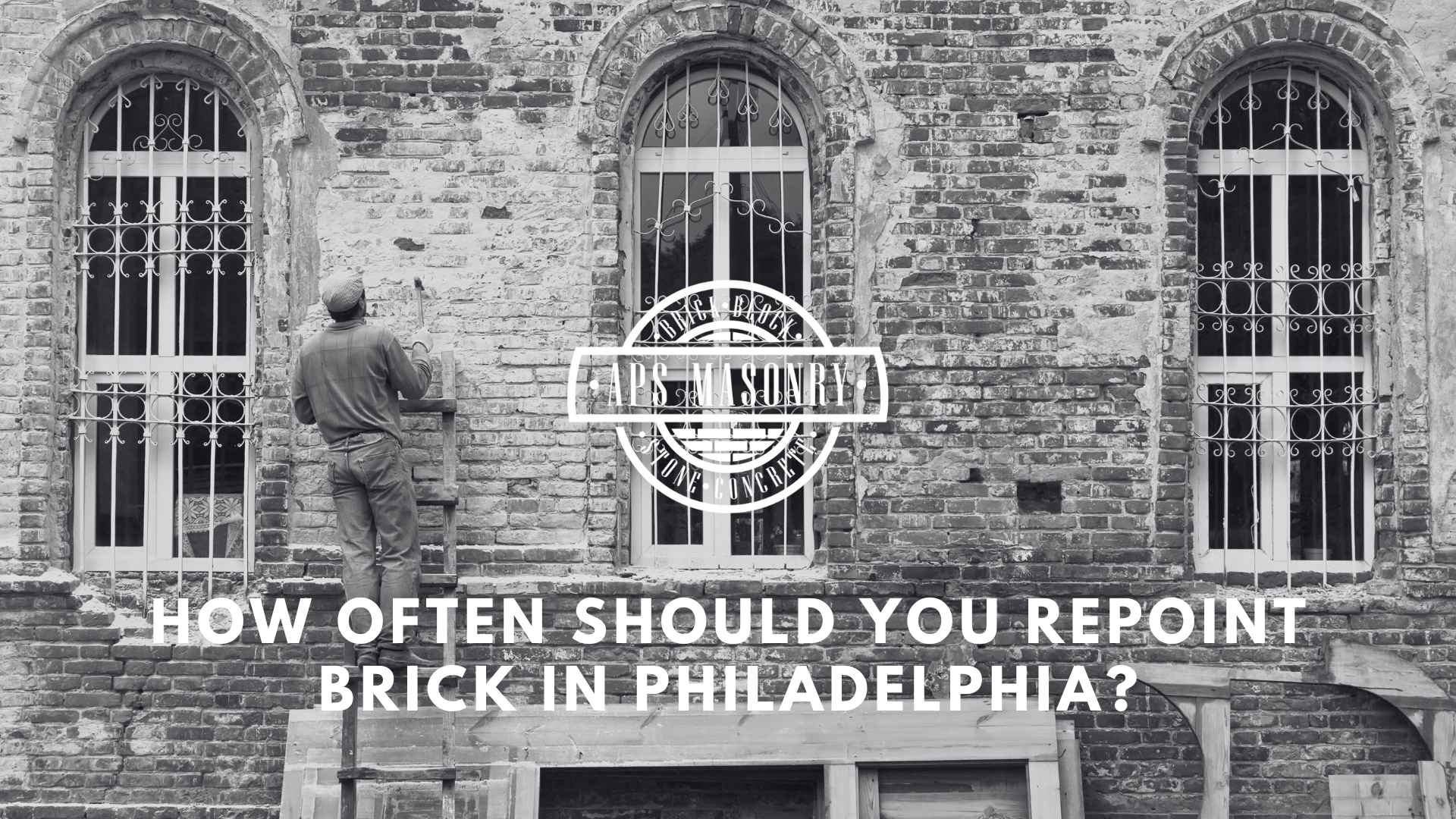
Philadelphia’s climate doesn’t forgive neglect—stay ahead of crumbling mortar and protect your brickwork before it becomes a costly structural...
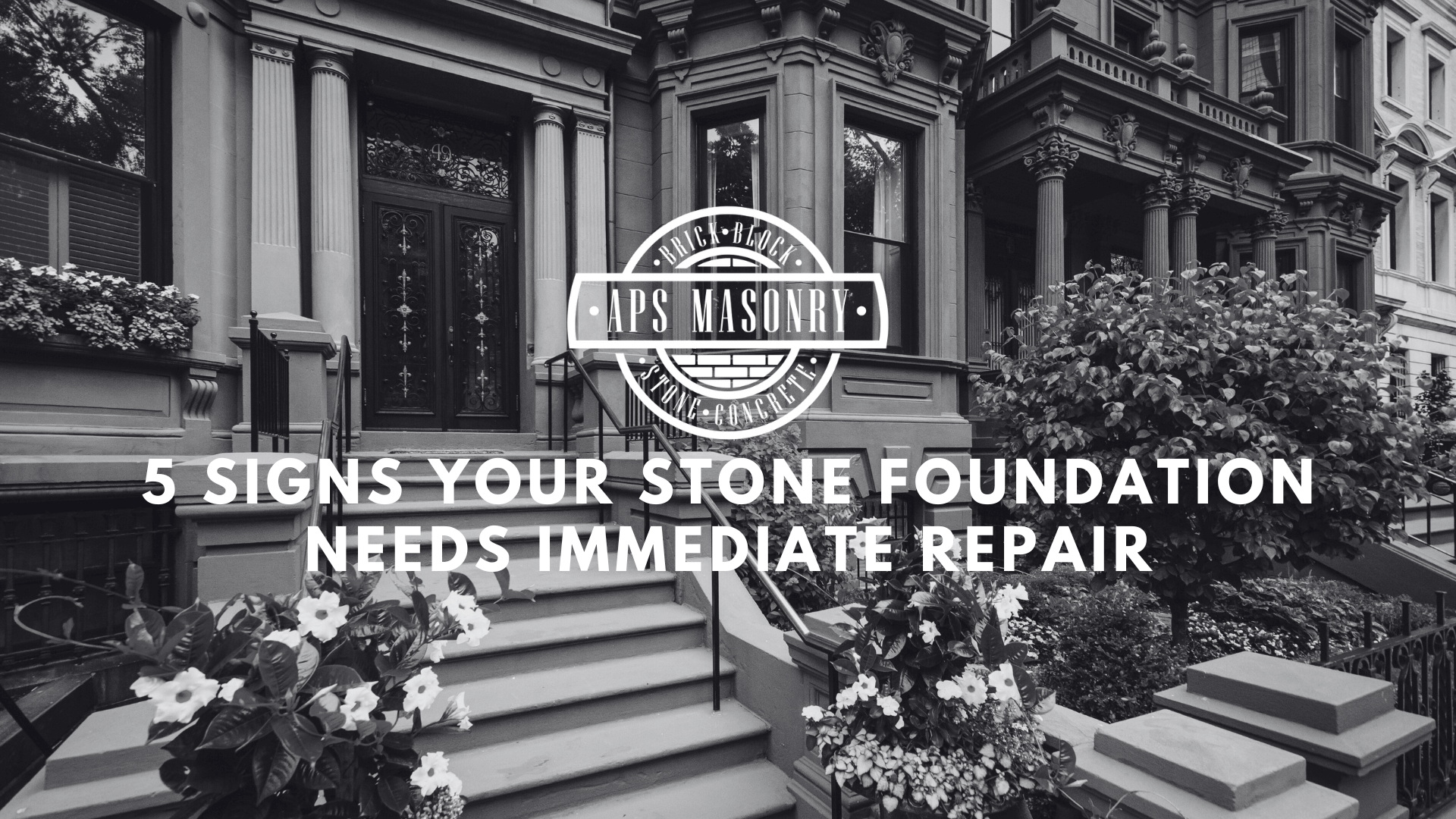
Stone foundations are a staple in Philadelphia’s historic homes. From South Philly rowhomes to Mount Airy twins, these structures were built to...
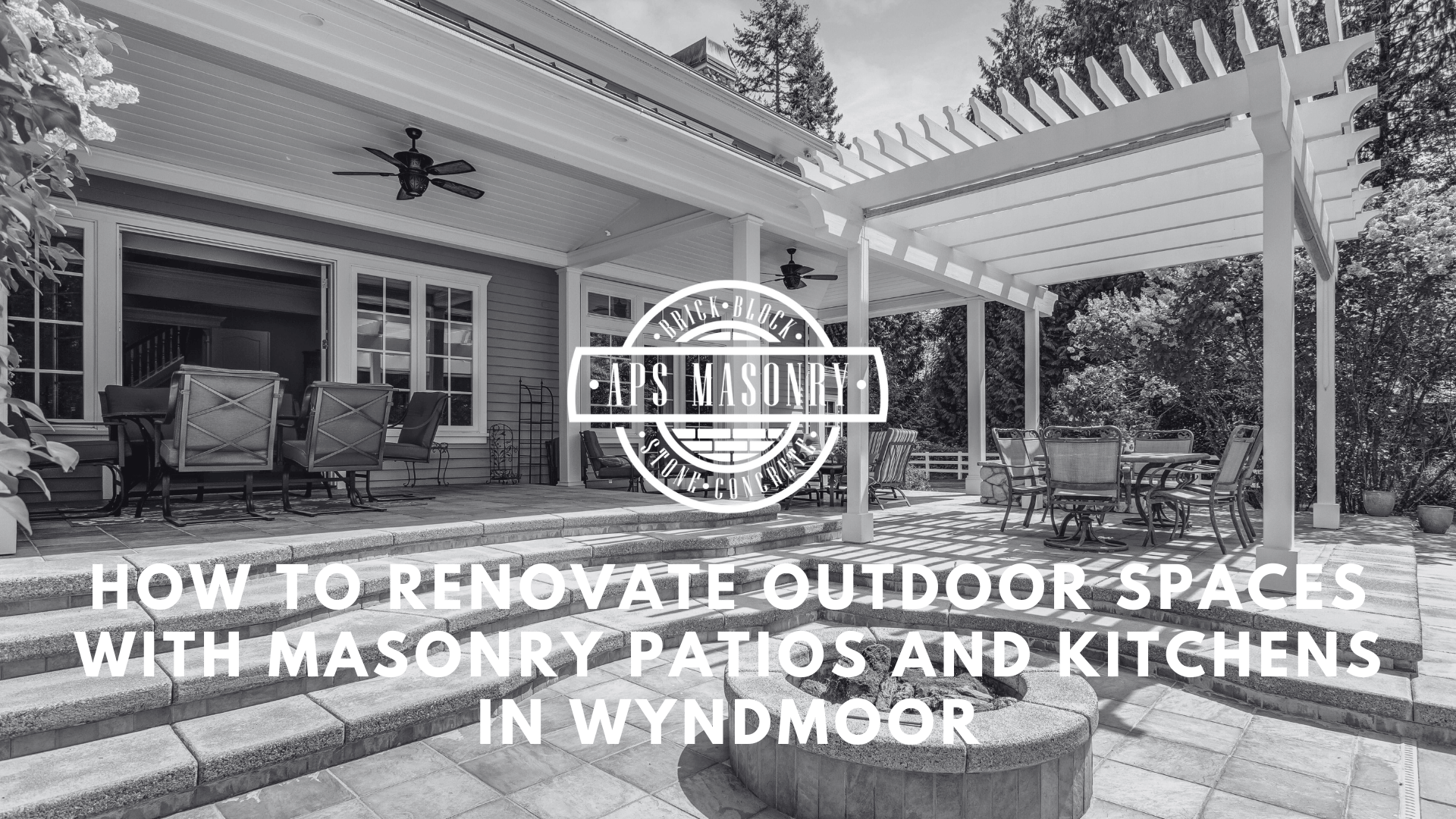
A custom patio and fully equipped outdoor kitchen will completely transform the way your family uses the backyard.